Saudi needs bolder steps to avoid protest contagion
Rulers need to do more than spread state largesse to insulate country from protests reaching the kingdom's borders.
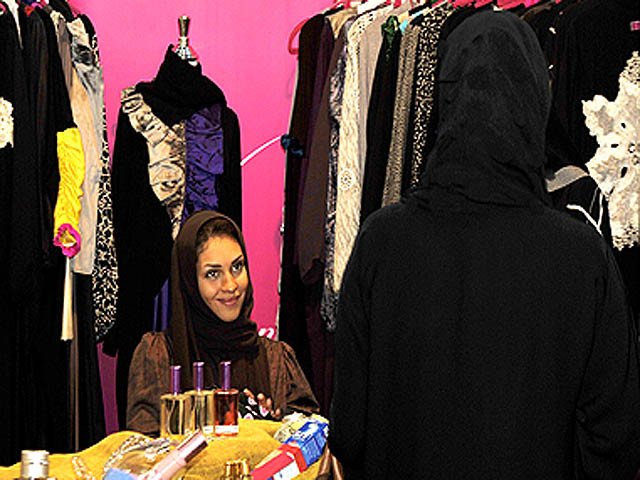
Saudi needs bolder steps to avoid protest contagion
Last week, King Abdullah handed out benefits worth $37 billion to Saudis in an apparent bid to curb rising dissent and head off any repeat of protests that gripped the Middle East while he was abroad for three months for medical treatment.
The handouts, to be spent on social measures from housing to unemployment, study grants and sports clubs, represented less than a tenth of the sums the kingdom holds in foreign assets in order to be able to address social grievances.
But pressure is piling on the government to give its young, Internet-savvy population a greater say, analysts and diplomats say. And the injection of cash signally fails to address reform demands contained in petitions from a loose coalition of liberals, rights activists, Islamists and intellectuals.
"The king's benefits were well received but are themselves not sufficient," said Khalid al-Dakhil, a Saudi political analyst who signed one of the petitions calling for elections and greater transparency in government decisions.
"I think the leadership will make some changes and start an informal dialogue. There could be a cabinet change, and elections are on the table," he said.
In three separate petitions, signed by more than 1,000 people, the heteroclite coalition also demanded greater transparency over state spending and curbs on the dominant role of the Al Saud family in politics.
"All of them basically call for a constitutional monarchy which is quite good because it came from different groups," said Mohammed al-Qahtani, head of the Saudi Civil and Political Rights Association grouping liberals, lawyers and human rights activists.
"But whether the government will respond this is a big guess," said Qahtani who has been campaigning for years.
Social media
The tightly-controlled kingdom of over 18 million is ruled by the Al Saud family in alliance with Sunni clerics and has no elected parliament or political parties.
While analysts say there is no sign yet of the sort of popular protests that have spread to neighbours Yemen, Bahrain and Oman from Tunisia and Egypt, more than 17,000 have backed calls on Facebook for protests this month.
Emboldened, Saudis have embraced debate on social media, often using their full name -- in contrast to the past when many were afraid to speak out for the fear of landing in jail.
Saudi leaders faced similar calls after the 1991 Gulf war when mainly Islamists enraged by the presence of U.S. troops in the birthplace of Islam flooded the late King Fahd with petitions and he eventually allowed some limited reforms.
"It is very different now. In 1991 you had two camps, the camp of Islamists... and liberals. They had completely different traditions," said Madawi al-Rasheed, a Saudi analyst in London.
"They are (now) coming from different sections of society but there is a common theme. They are really pushing for a constitutional monarchy but I don't think this is going to happen," she said.
In the spotlight is the oil-producing Eastern Province where minority Shi'ites have held small protests demanding the release of prisoners, empowered by calls for change by their brethren in nearby Bahrain, a Saudi-allied Sunni monarchy.
Shi'ites in Bahrain and Saudi Arabia have long complained of marginalisation, despite official denials. Saudi Shi'ite protests were much smaller than clashes in 2009, when a preacher broke a taboo by suggesting they could seek their own state.
But the nervous market reaction showed that events in Saudi Arabia are closely watched. Saudi currency markets are at their weakest levels in two years, while credit default swaps rose to their highest level since July 2009.
The biggest Arab bourse in Riyadh dived to a 22-month low on Wednesday, and as the Saudi market is mostly driven by retail, rather than institutional investors, many ordinary Saudis will feel the drop.
‘A town called revolution’
Since taking office in 2005 Abdullah has tried some reforms but has done almost nothing to alter the fundamentals of the absolute monarchy or loosen a strict sex segregation in public based on an austere version of Sunni Islam called Wahhabism.
Saudi analysts say many narrow reforms such as improving religiously-inspired state education are still in the early stages as clerics oppose big changes.
"My view is that we are still on the train heading to revolution town. People are not happy with the concessions so far and the future is still very murky," wrote Saudi blogger Eman al-Nafjan on her website.
"It becomes reasonable to say that things will escalate if demands aren't met or at least major compromises are made."
While the Saudi capital has been full of speculation of a cabinet reshuffle since the king's return there has been no sign that anything will happen soon.
"The government seems in no hurry to act. I think they don't want to look like they are bowing to pressure," said Dakhil. "But I expect some changes."
Diplomats say any cabinet reshuffle is complicated by a looming succession, as the king is around 87 and the slightly younger Crown Prince Sultan was abroad for long periods for medical treatment.
A candidate for the throne is Interior Minister Prince Nayef, a conservative who appears lukewarm on reforms.
Currently, only sons of state founder Abdul-Aziz Ibn Saud can become king. But with only 20 left, analysts say the royal family needs to promote younger princes while balancing the demands of Wahhabi clerics who helped found the kingdom in 1932.
Despite some signs of dissent, few Saudi analysts expect big protests in the kingdom where clerics traditionally have spoken out against challenging rulers.
"A tweet or two by a young, foreign-educated, Saudi woman resentful of her lack of rights does not make a Riyadh Spring," said Simon Henderson, a U.S.-based author on Saudi succession.
Dakhil said most activists were not planning any Saudi revolution but were worried about rising social pressures such a lack of jobs or housing for young people.
"I think people want changes within the system," he said.

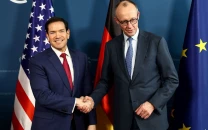
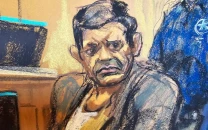
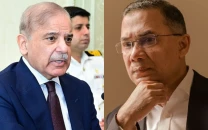
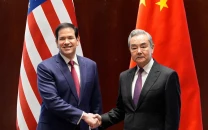

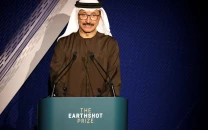












COMMENTS
Comments are moderated and generally will be posted if they are on-topic and not abusive.
For more information, please see our Comments FAQ